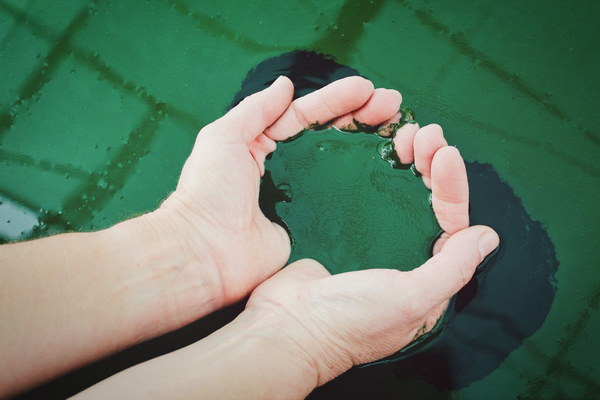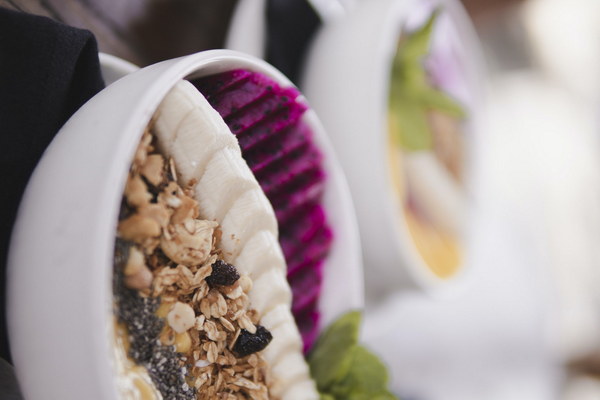Recovery and Reinforcement Nurturing the Body After a Feverish Battle
The human body is an intricate machine, capable of withstanding a multitude of challenges. One of the most common and unsettling experiences is the onset of a fever. While a fever is often a sign that the body is fighting off an infection, it can also leave us feeling weak and exhausted. The aftermath of a feverish battle calls for a period of recovery and reinforcement. This article explores the importance of post-fever nourishment and provides practical tips for restoring your health.
The Importance of Post-Fever Recovery
After a fever, the body's immune system has been working overtime to combat the infection. This leaves the body depleted of vital nutrients and weakened. Therefore, it is crucial to focus on post-fever recovery to replenish lost nutrients, strengthen the immune system, and restore overall health.
1. Hydration
Hydration is key to recovery after a fever. The body loses fluids through sweating and increased urination during the fever. Replenishing these fluids is essential to prevent dehydration and support the body's healing process. Aim to drink plenty of water, herbal teas, or broths throughout the day.
2. Nutrient-Rich Foods
To nourish your body after a fever, incorporate nutrient-rich foods into your diet. Focus on a balanced intake of fruits, vegetables, whole grains, lean proteins, and healthy fats. These foods provide the necessary vitamins, minerals, and antioxidants to support immune function and overall well-being.

3. Rest and Sleep
Rest is crucial for recovery after a fever. Give your body the time it needs to heal by getting plenty of sleep. Avoid overexerting yourself and listen to your body's needs. Resting will help your body recover faster and prevent future infections.
4. Probiotics and Prebiotics
During a fever, the gut microbiome can be affected. To support gut health and immune function, consider incorporating probiotics and prebiotics into your diet. Probiotics are beneficial bacteria that can be found in fermented foods like yogurt, kefir, and sauerkraut. Prebiotics are fiber-rich foods that feed the probiotics, such as bananas, onions, garlic, and asparagus.
5. Gentle Exercise
After a fever, it is essential to start with gentle exercise to gradually rebuild strength and endurance. Engaging in low-impact activities like walking, yoga, or swimming can help improve circulation, reduce fatigue, and boost mood. Always listen to your body and avoid overexertion.
6. Stress Management
Stress can weaken the immune system and slow down the recovery process. Find ways to manage stress, such as practicing mindfulness, meditation, or engaging in hobbies that bring you joy. A calm mind will support your body's healing journey.
7. Professional Advice
If you are experiencing prolonged symptoms or have concerns about your recovery, consult a healthcare professional. They can provide personalized advice and ensure that your recovery process is on the right track.
In conclusion, the aftermath of a feverish battle requires a period of recovery and reinforcement. By focusing on hydration, nutrient-rich foods, rest, and gentle exercise, you can support your body's healing process. Additionally, managing stress and seeking professional advice when needed will help you restore your health and vitality. Remember, taking care of yourself during this time is essential for a swift and complete recovery.









